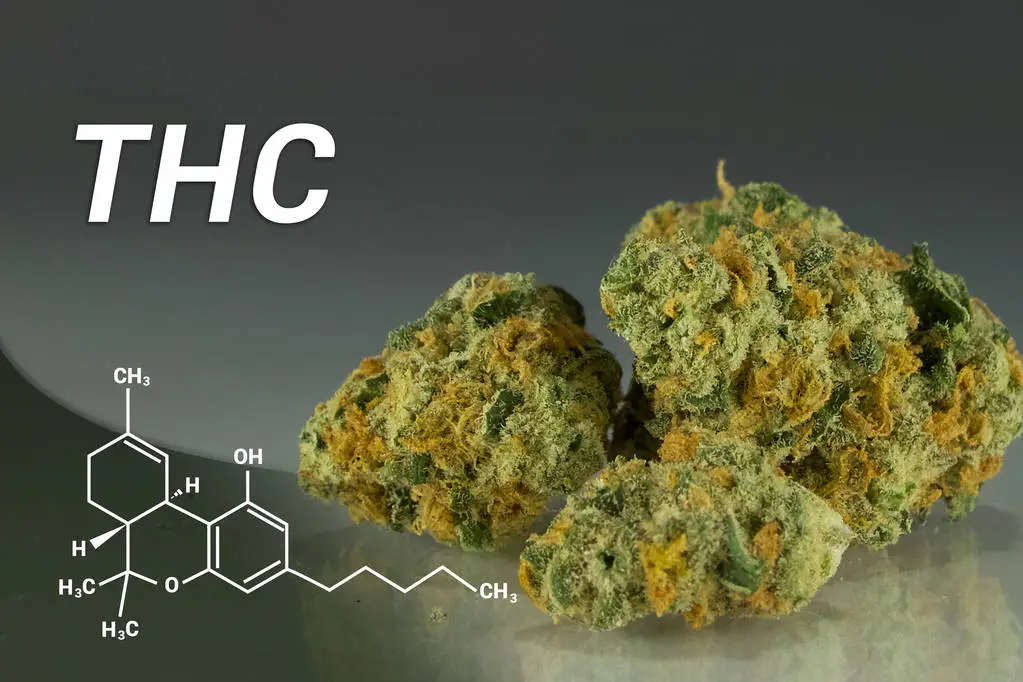A recent study published in the Journal of Pharmacology and Experimental Therapeutics highlights the potential of the marijuana compound THC in managing pain associated with sickle cell disease.

The study, titled “Δ9-Tetrahydrocannabinol Alleviates Hyperalgesia in a Humanized Mouse Model of Sickle Cell Disease,” was published online ahead of print by the US National Library of Medicine.
Sickle cell disease (SCD) is characterized by chronic pain and unpredictable episodes of acute pain, severely affecting patients’ quality of life and life expectancy. Traditional pain management for SCD relies heavily on opioid analgesics, which often have limited efficacy and significant adverse effects. Researchers note that “Cannabis has emerged as a potential alternative, yet its efficacy remains uncertain.”
In this study, they “investigated the antinociceptive effects of Δ9-tetrahydrocannabinol (THC), cannabis’ intoxicating constituent, in male HbSS mice, which express >99% human sickle hemoglobin, and male HbAA mice, which express normal human hemoglobin A, as a control.”
Researchers administered acute doses of THC (0.1-3 mg/kg, intraperitoneally) and observed a dose-dependent reduction in mechanical and cold hypersensitivity in HbSS mice. Notably, these effects were not seen in the HbAA control mice.
“In the tail-flick assay, THC produced substantial antinociceptive effects in HbSS mice,” the researchers reported. Furthermore, THC at a dose of 1 mg/kg did not alter anxiety-like behavior or long-term memory, indicating that its pain-relieving properties do not come at the cost of significant cognitive or emotional side effects.
Subchronic THC treatment (1 and 3 mg/kg, intraperitoneally) provided sustained relief of mechanical hypersensitivity in HbSS mice, though it led to tolerance in cold hypersensitivity over time. The findings suggest that THC could be a viable therapeutic option for chronic pain management in SCD, though further research is needed to fully understand its mechanism of action and potential interactions with other cannabis constituents.
“These results offer insights into THC’s potential as an alternative pain management option in SCD, highlighting both its benefits and limitations,” the study concluded.








